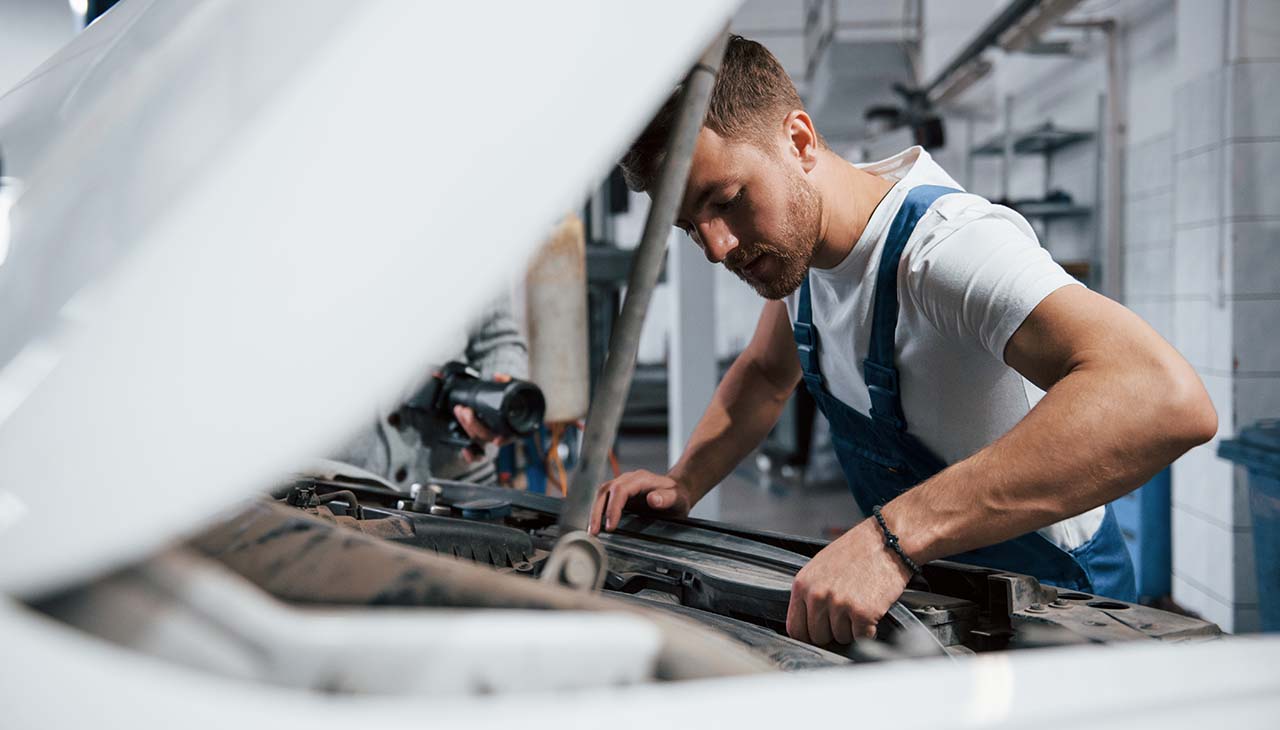Essential Maintenance Tips to Extend the Life of Your Vehicle
Owning a vehicle is a significant investment and, like any investment, requires regular care and maintenance to ensure its longevity and reliability. The difference between a well-maintained vehicle and one that is neglected can be vast, affecting not only the lifespan of the vehicle but also its performance and safety on the road. In this guide, we’ll explore essential maintenance tips that are critical for extending the life of your vehicle, ensuring it remains dependable for years to come. From routine checks to more detailed maintenance tasks, adhering to these practices can save you time, money, and unnecessary stress in the long run.
Regular Oil Changes
Importance of Regular Oil Changes
Regular oil changes are the backbone of vehicle maintenance. Oil is the lifeblood of your engine, serving as a lubricant to ensure that all moving parts operate smoothly and efficiently. Over time, oil breaks down due to exposure to heat and begins to lose its effectiveness, which can lead to increased friction, overheating, and even engine failure. By changing the oil regularly, you ensure that your engine is always running on clean, effective lubricant, thus significantly reducing the risk of premature wear and tear.
Recommended Frequency for Oil Changes
The recommended frequency for oil changes varies depending on the vehicle’s make, model, and age, as well as the type of oil used. Traditionally, it was suggested that oil should be changed every 3,000 miles. However, with advancements in automotive and oil technology, many modern vehicles can now go 5,000 to 7,500 miles between oil changes. Some vehicles equipped with full synthetic oil can even extend this interval to 10,000 miles. Always refer to your vehicle’s owner’s manual for the manufacturer’s specific recommendations.
Consequences of Neglecting Oil Changes
Neglecting regular oil changes can have dire consequences for your vehicle. Dirty oil, or a lack of oil, leads to increased friction among engine parts, which can cause overheating and accelerated wear. This neglect can result in decreased engine performance, higher fuel consumption, and potentially severe engine damage requiring costly repairs. In the worst-case scenario, it can lead to complete engine failure, rendering your vehicle inoperable and possibly beyond economical repair. Regular oil changes are a small investment in the longevity and health of your vehicle.
Tire Maintenance
Checking Tire Pressure and Tread Depth
Regularly checking your tire pressure and tread depth is crucial for maintaining your vehicle’s performance and safety. Proper tire inflation ensures optimal contact with the road, improving handling, and reducing the risk of tire blowouts. Under-inflated tires can lead to uneven wear and decrease fuel efficiency, as more energy is required to move the vehicle. Similarly, monitoring tread depth is essential for maintaining grip on road surfaces, especially in adverse weather conditions. Most tires have tread wear indicators that signal when they need to be replaced. Keeping tires properly inflated and ensuring they have sufficient tread depth can significantly extend their lifespan and enhance your vehicle’s overall safety.
Importance of Rotating Tires
Tire rotation is a vital maintenance task that extends the life of your tires and promotes even tire wear. Front and rear tires wear differently due to steering, braking, and the vehicle’s weight distribution. By rotating the tires according to the manufacturer’s recommendations, typically every 5,000 to 7,500 miles, you can achieve uniform wear across all tires, improving handling and preventing premature tire replacement. Regular rotation also offers an opportunity to check for damage, misalignments, and balance issues, which can further impact tire longevity and vehicle performance.
How Tire Maintenance Impacts Fuel Efficiency and Overall Vehicle Performance
Proper tire maintenance has a direct impact on fuel efficiency and overall vehicle performance. Well-maintained tires with correct pressure levels reduce rolling resistance, meaning the engine requires less effort (and fuel) to move the vehicle. This results in better gas mileage and cost savings over time. Additionally, tires in good condition provide improved traction and handling, contributing to a smoother, safer ride. Ensuring your tires are properly maintained not only extends their life but also enhances your vehicle’s efficiency and performance on the road.
Fluid Checks and Replacements
Importance of Checking and Replacing Fluids
Regular checks and replacements of various vehicle fluids such as coolant, transmission fluid, and brake fluid are critical for vehicle maintenance, playing a key role in ensuring the vehicle’s performance and longevity. These fluids serve various vital functions, from cooling the engine and lubricating transmission parts to ensuring reliable braking. If these fluids are allowed to deplete or become contaminated, they can no longer perform these essential roles effectively, leading to increased wear, overheating, or even system failures.
Recommended Frequency for Fluid Checks
For most vehicles, it is recommended to check the level and condition of these critical fluids at least every 5,000 miles or during regular oil changes. Specifically, coolant should be replaced every 30,000 to 50,000 miles, transmission fluid every 60,000 to 100,000 miles (depending on whether it’s manual or automatic transmission), and brake fluid every 20,000 to 45,000 miles or at least every two years. However, these intervals can vary based on the vehicle’s make, model, and usage patterns, so it is crucial to consult the vehicle’s owner’s manual for specific guidelines.
Consequences of Neglecting Fluid Maintenance
Neglecting the maintenance of these fluids can lead to a series of problems. For example, old or low coolant levels can result in overheating, potentially causing severe engine damage. Old or contaminated transmission fluid can lead to rough gear shifts, decreased fuel efficiency, or in severe cases, complete transmission failure. Similarly, moisture-contaminated brake fluid can lead to brake failure, posing serious safety risks. Therefore, regular fluid checks and maintenance are not just about preventative care but also about ensuring the safety and reliability of your vehicle on the road.

